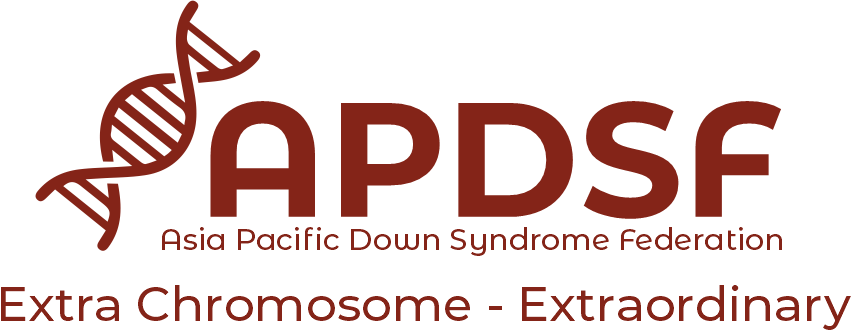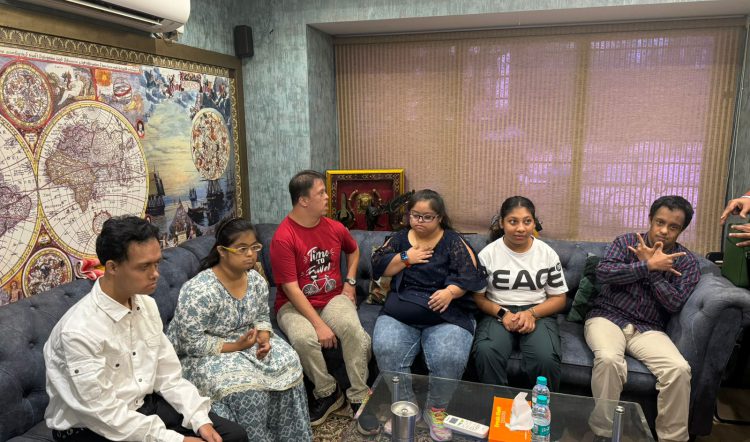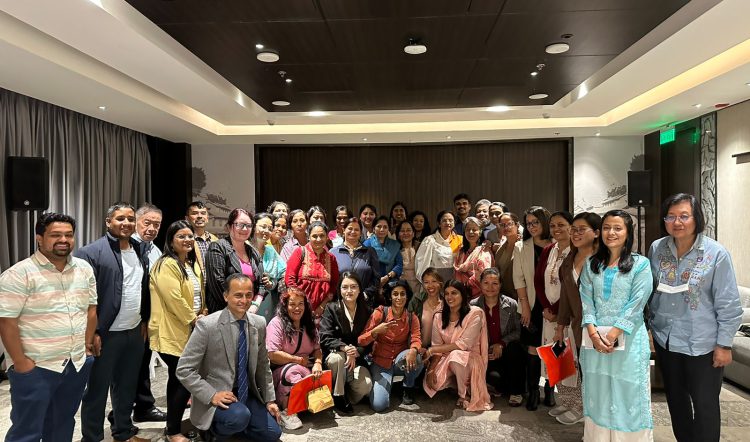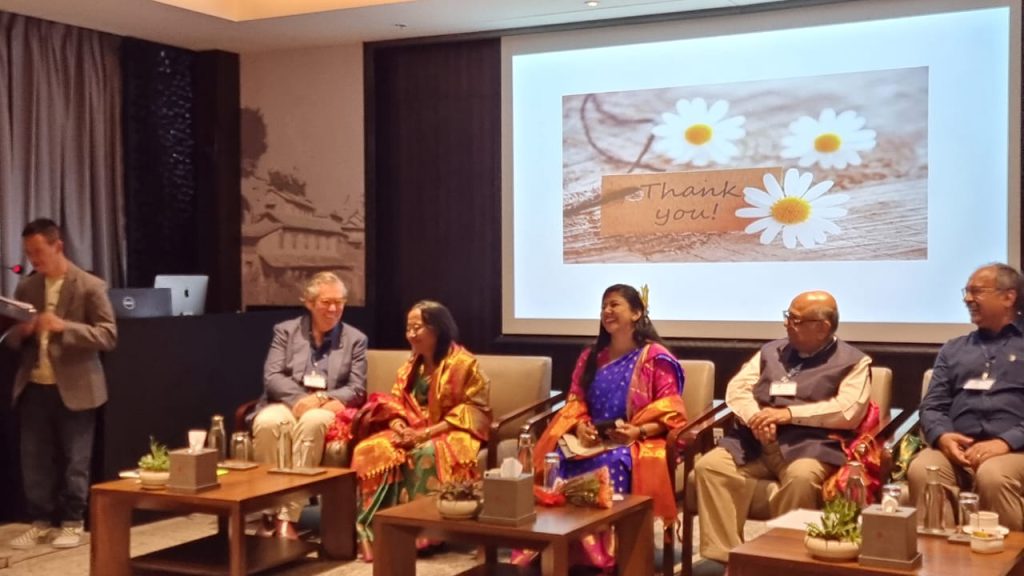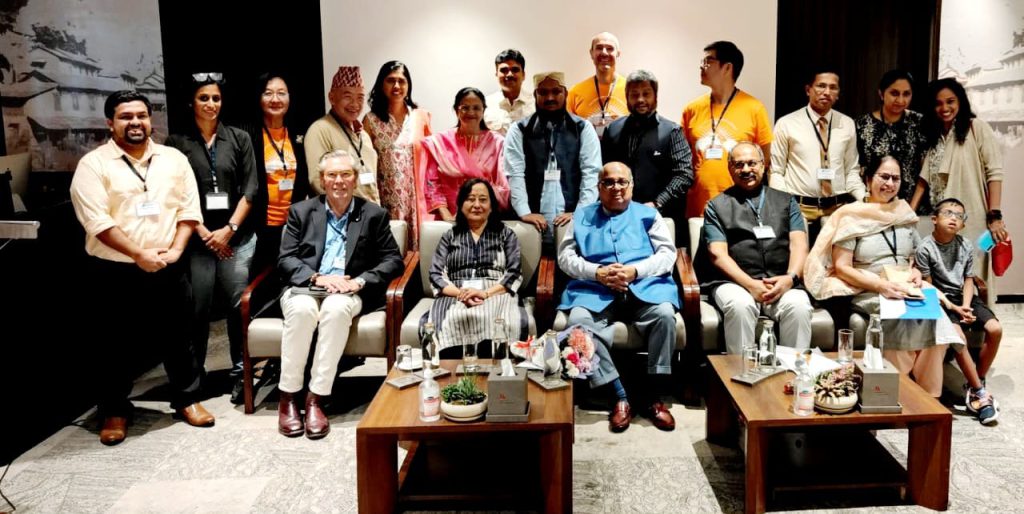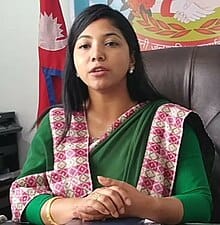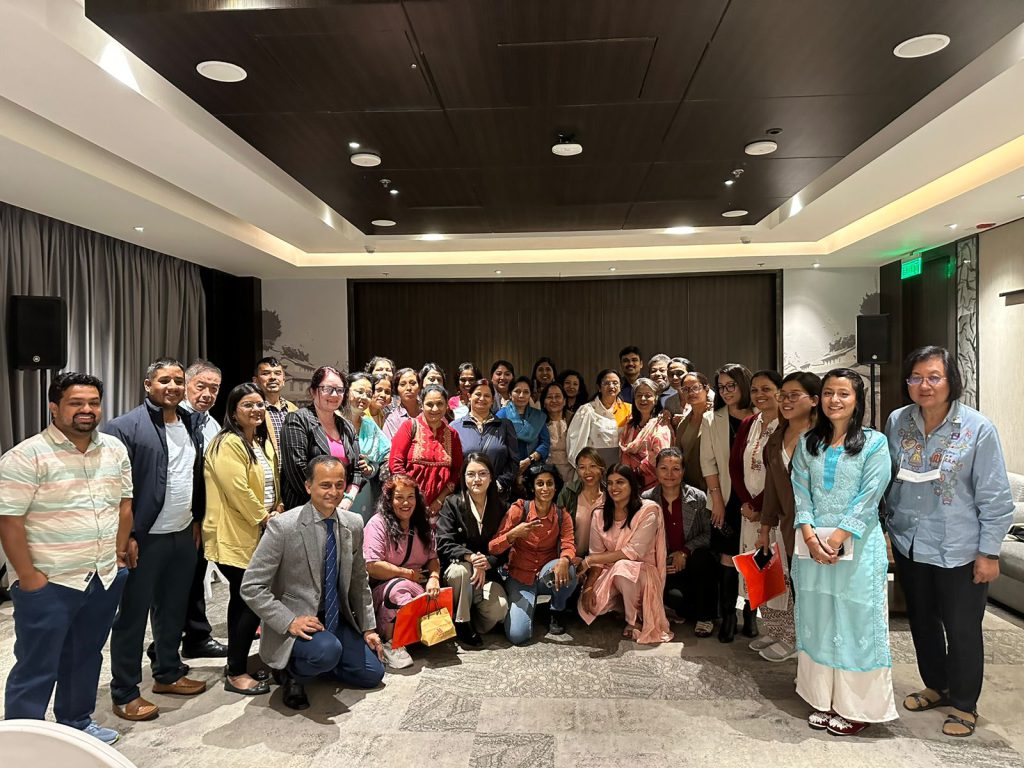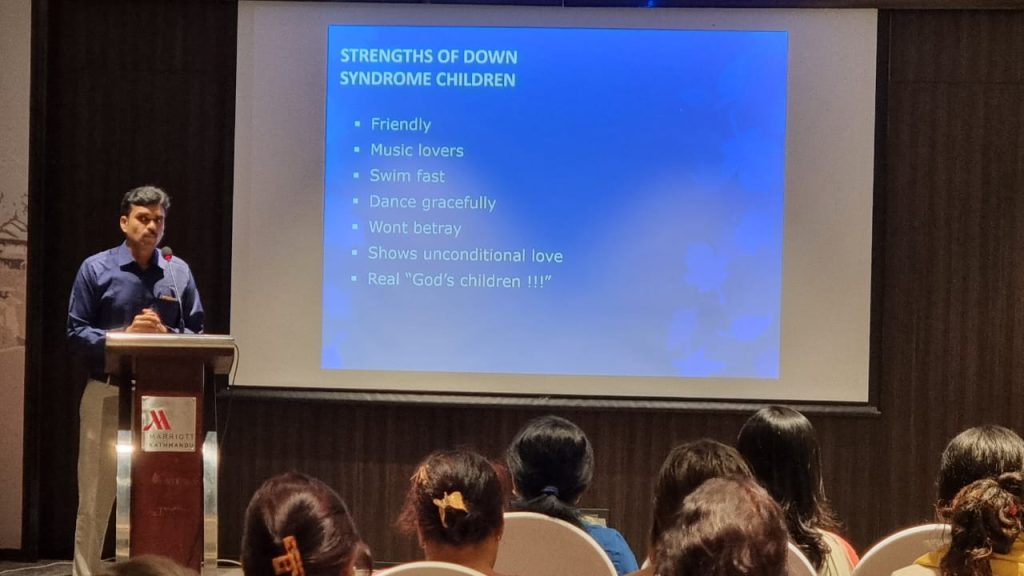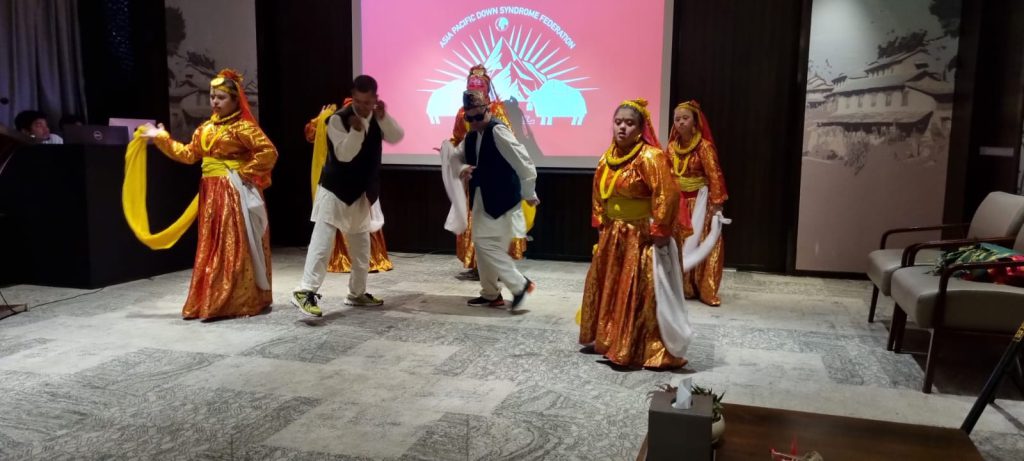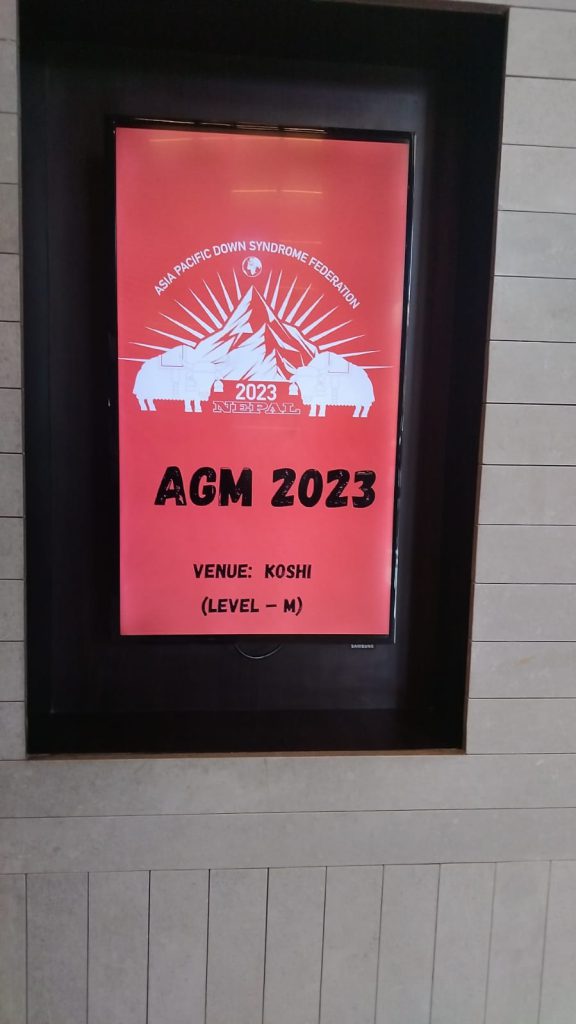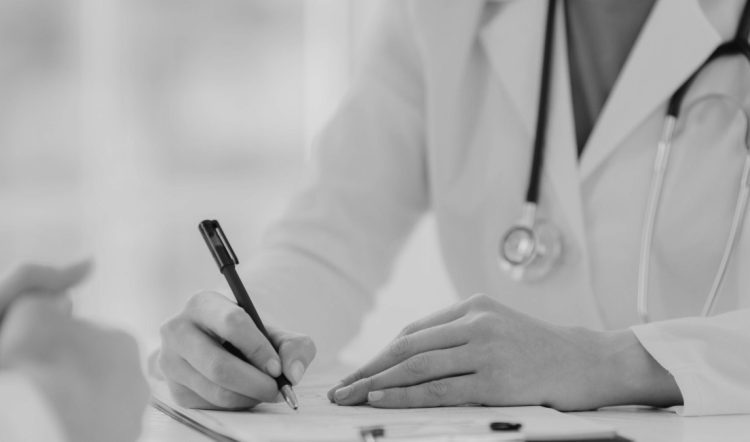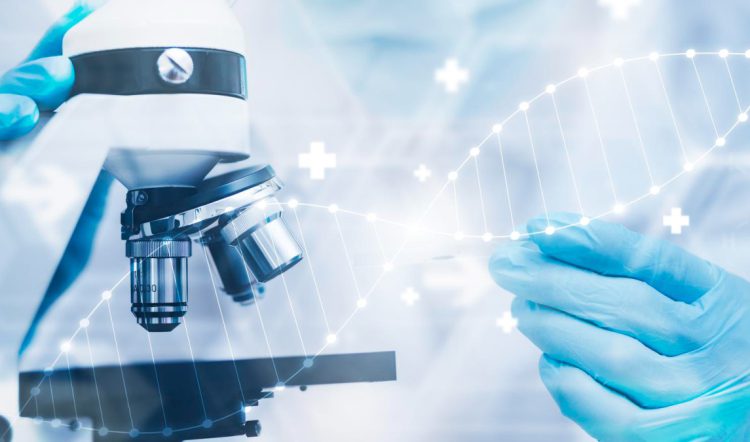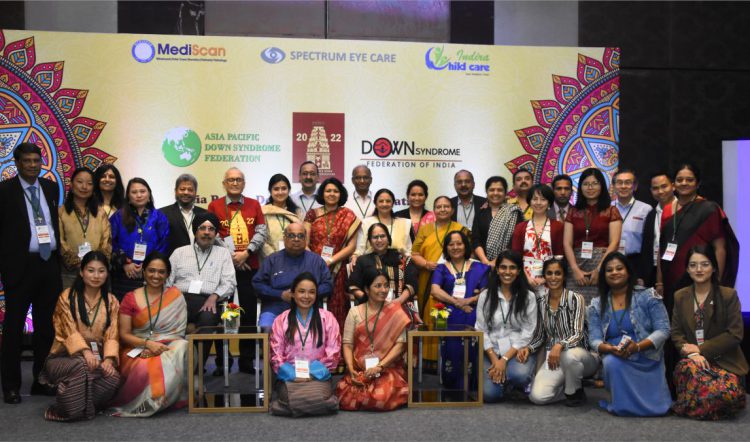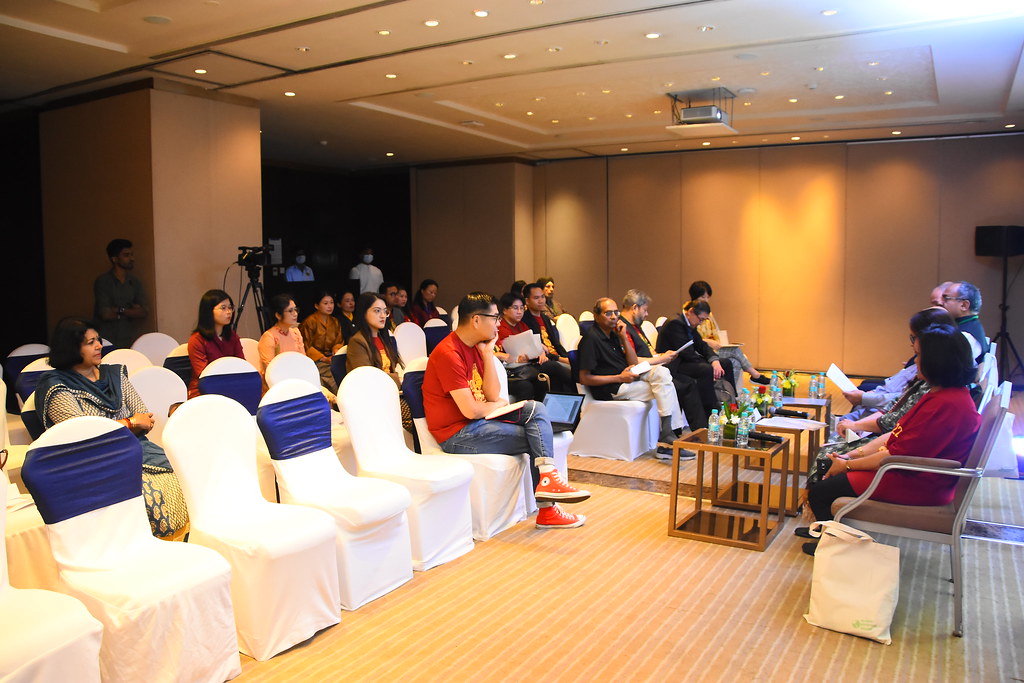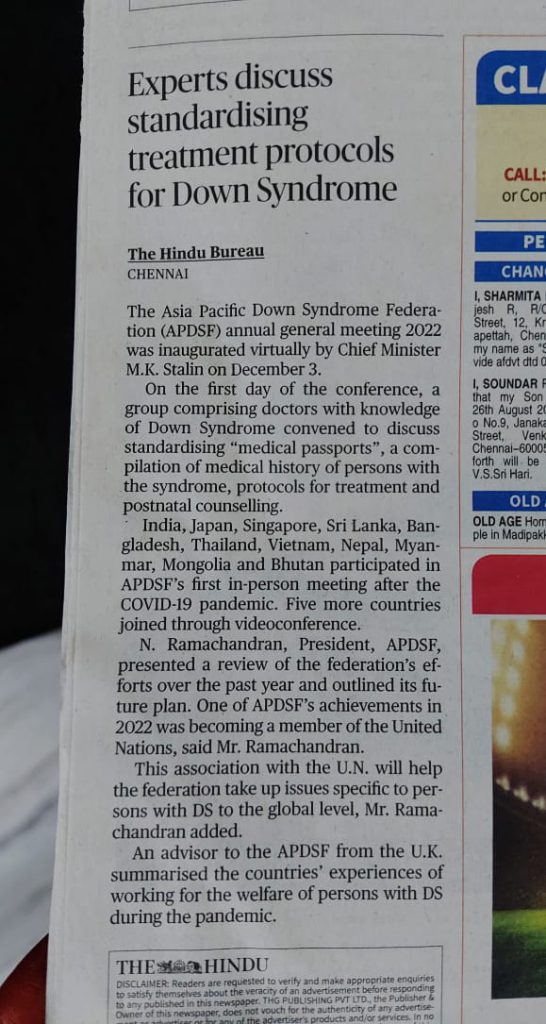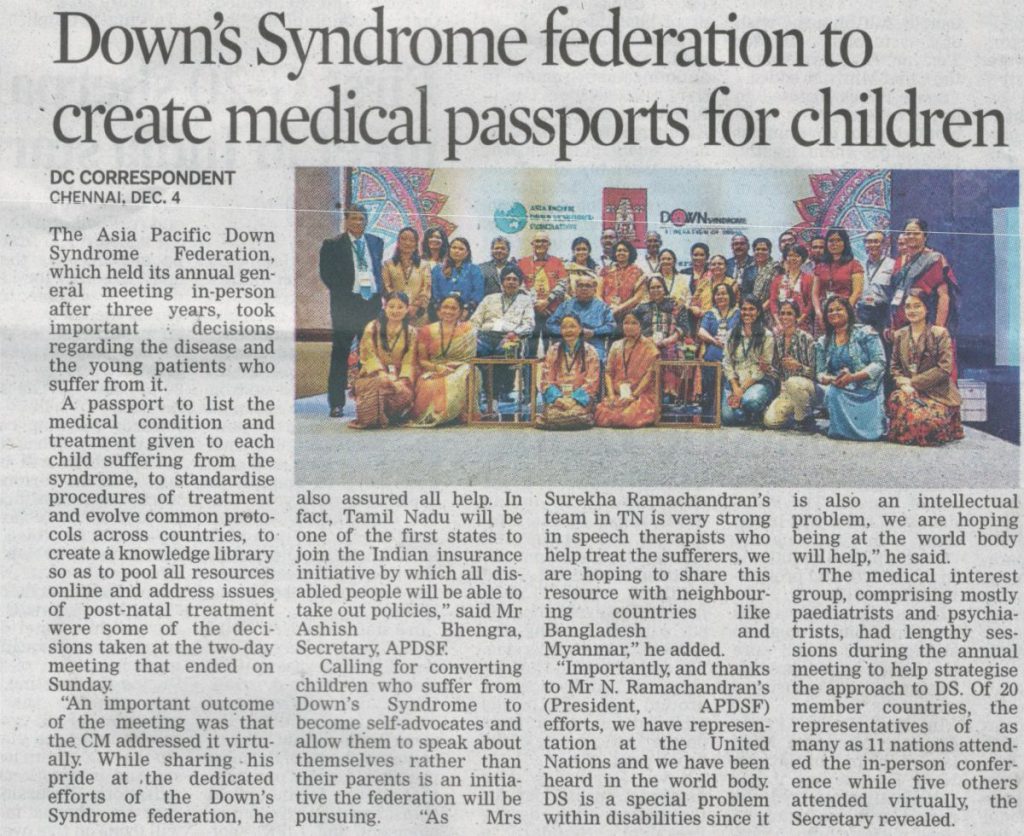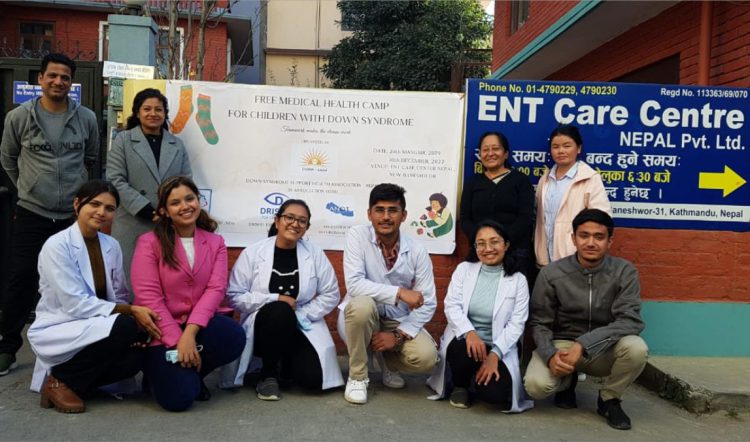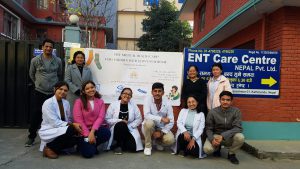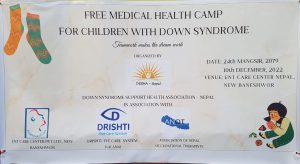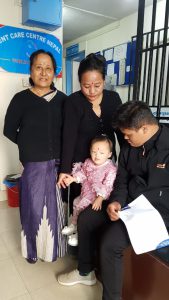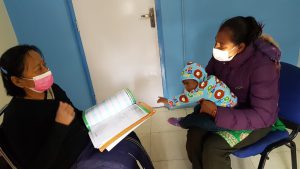An overdosed gene on chromosome 21 causes people with Down’s Syndrome to age faster than the general population.
Published on: 13 July 2023
” Molecular processes responsible for natural ageing of cells are poorly understood. Studying conditions in humans where ageing is accelerated due to genetic causes presents opportunities to learn about the mechanisms that control ageing and devise strategies to slow down the ageing process.
Adults who have Down’s Syndrome (DS) show earlier signs of ageing-related conditions: reduction in tissue regenerative capacity, alopecia, dry skin, delayed wound healing, chronic gum disease, osteoporosis, senescence of the brain and immune cells. DS is a genetic, but not inheritable condition, caused by being born with an extra copy of chromosome 21 (trisomy 21). It affects around 7 million people worldwide (around 60,000 in the UK).
DS is the most frequent genetic cause of intellectual disability and early onset Alzheimer’s disease. While increased risk of early Alzheimer’s is clearly caused by an extra copy of the amyloid precursor protein gene (APP) encoded on chromosome 21, the genetic basis for the other conditions is not easily explainable.
New research published in the Lancet Discovery journal eBioMedicine, led by Queen Mary’s Professor Dean Nižetić and Dr Aoife Murray, with collaborating institutions from Croatia, Singapore, France, Italy and four other London universities, has uncovered an overdosed gene on chromosome 21 causes cells of people with DS to age prematurely.
The study has shown that biological age of people who have DS is on average 19.1 years older than the chronologically age-matched people who don’t have DS. The research has also shown that this is not caused by co-morbidities of DS, and that the premature ageing process starts very early in childhood. The gene for a kinase (a type of enzyme that speed chemical reactions in the body) called DYRK1A was identified as the main cause of the premature ageing component of DS, showing that this gene’s overdose disturbs the DNA-damage-repair mechanisms, causing cells to develop more breaks in their DNA and fragility of their cell nuclei.
Dean Nižetić, Professor of Cell and Molecular Biology at Queen Mary, said:
“We have uncovered that trisomic overdose of this gene (DYRK1A) is one of the main contributors to premature biological ageing in DS. Further research is needed to understand how much this contributes to brain development and function, and also in finding ways of precisely inhibiting the overdose of this gene back to physiological levels. This could open exciting new possibilities for early interventions in DS, but a lot more research is needed.”
